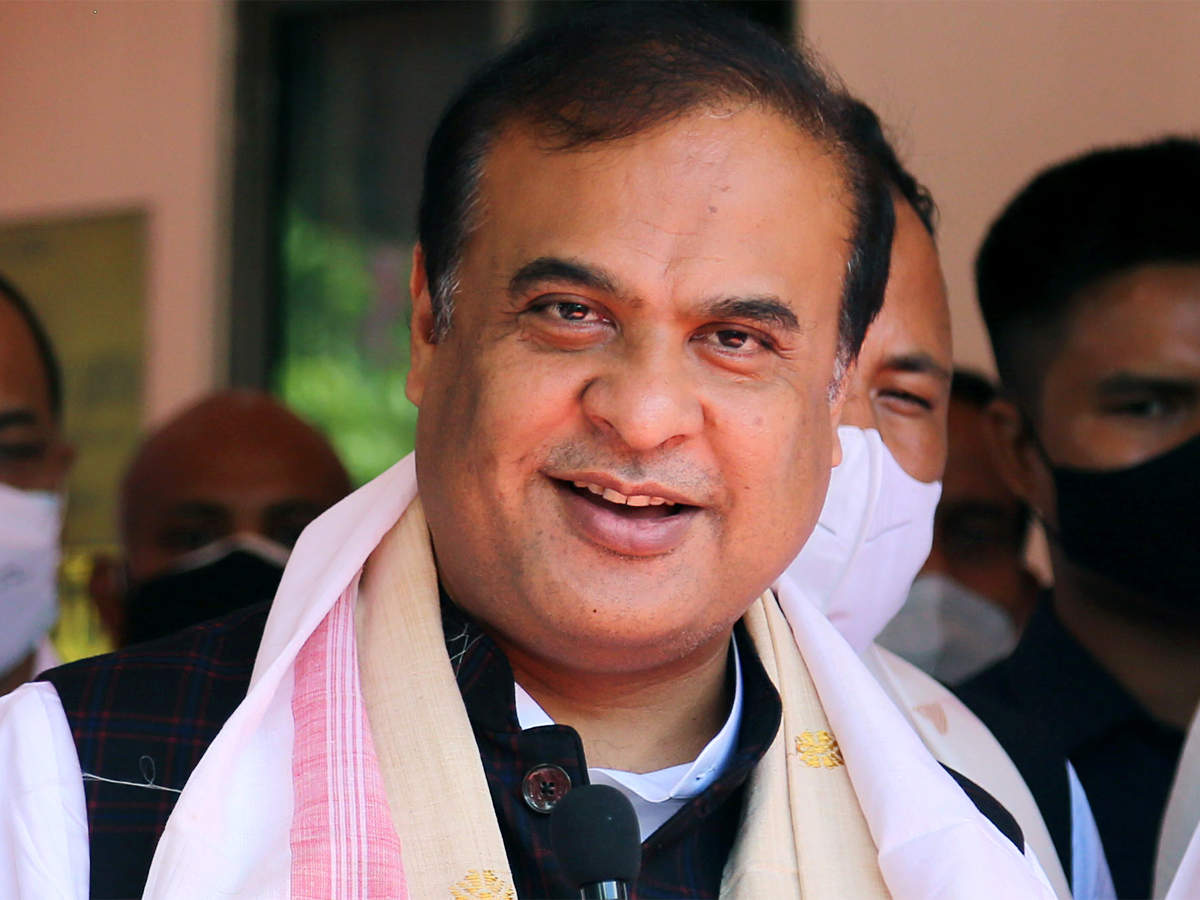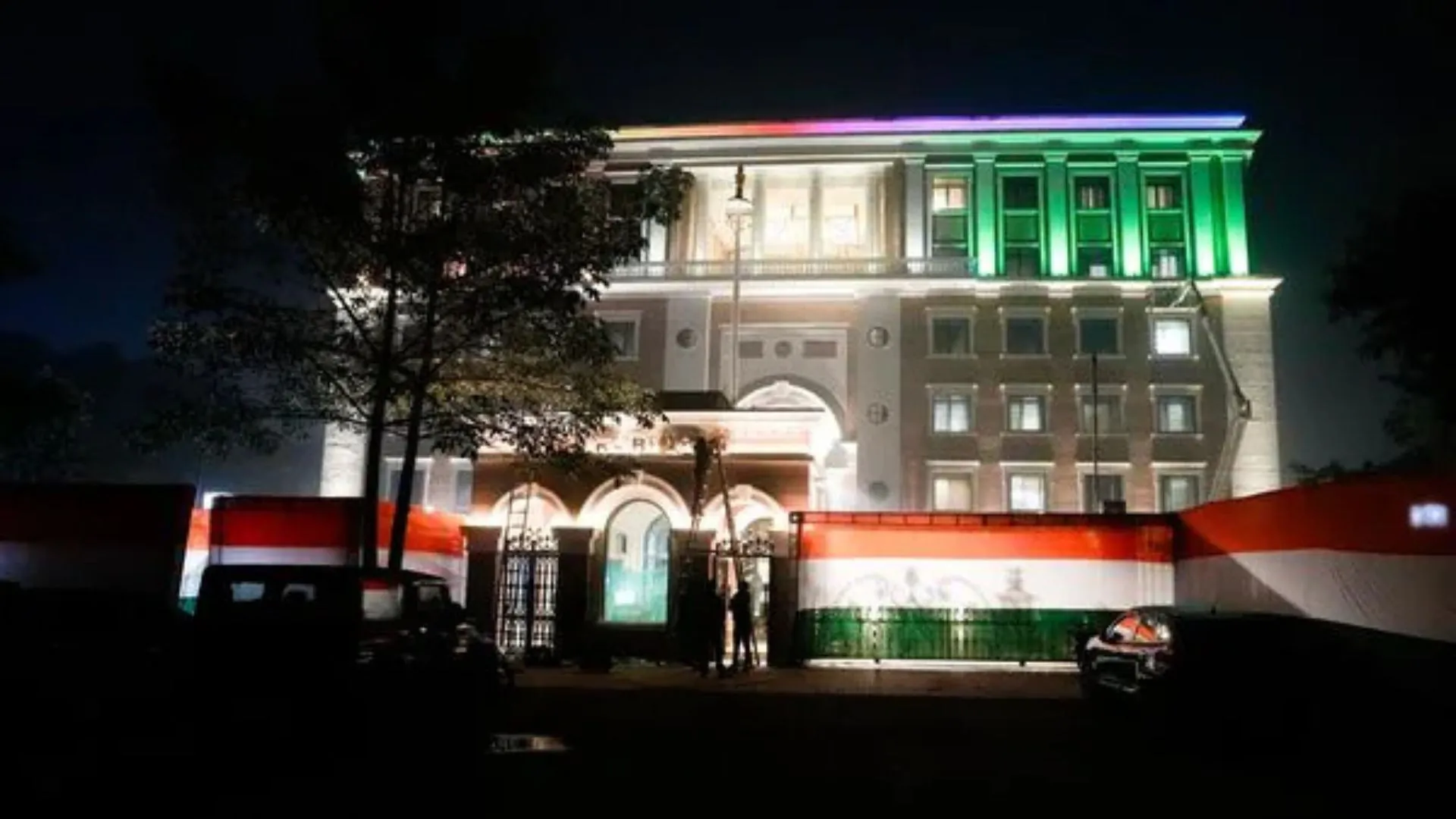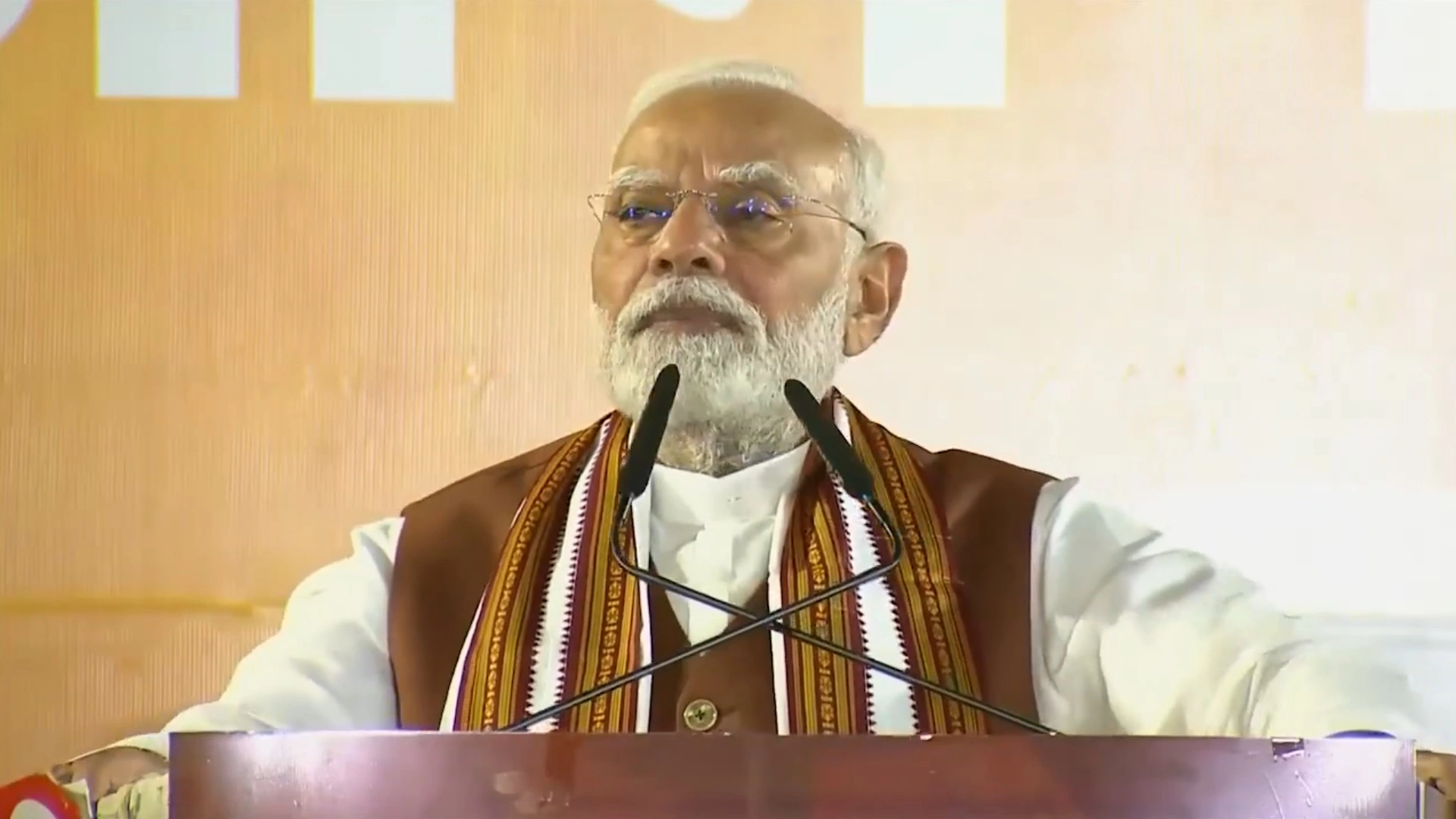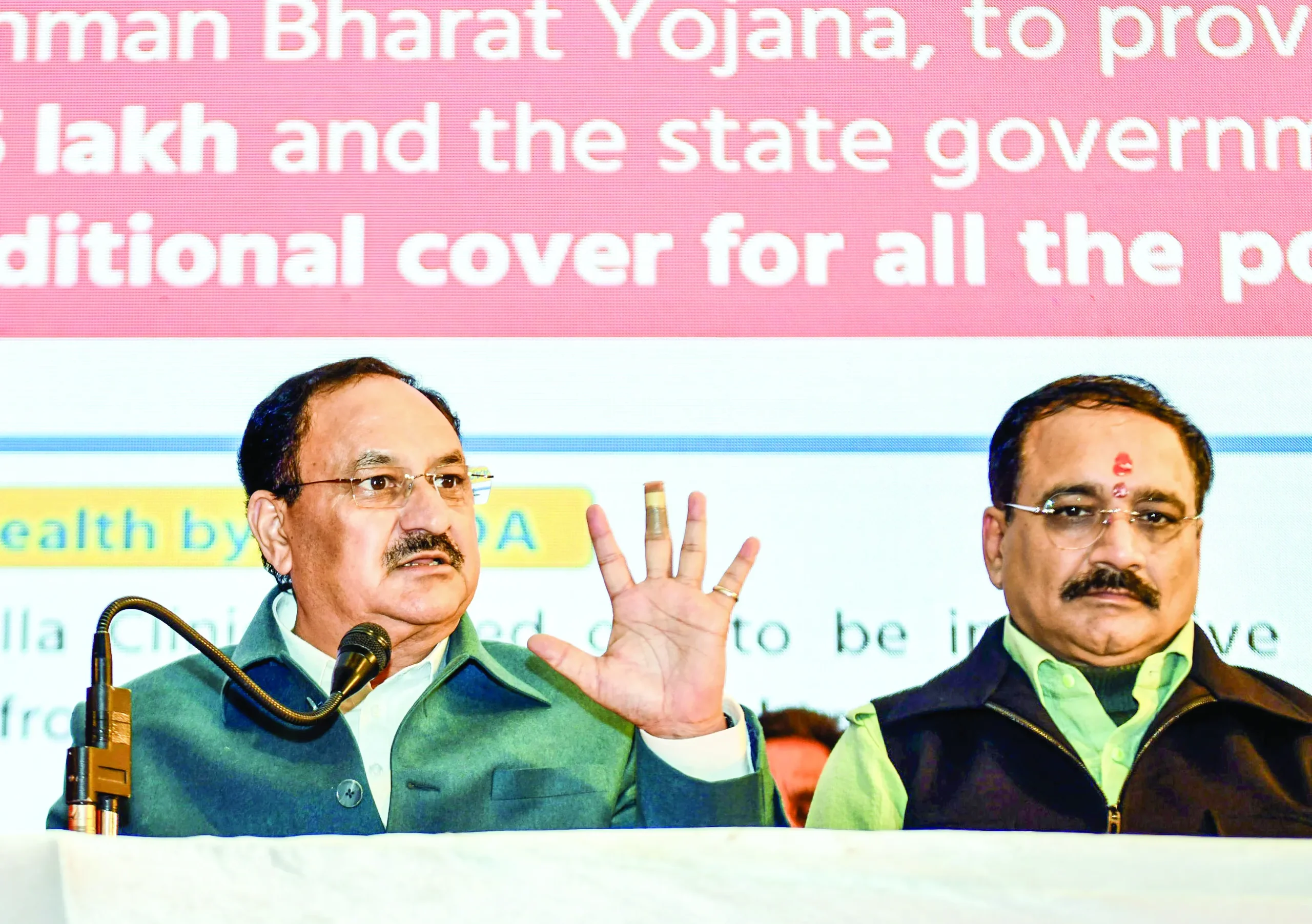The Assam cabinet has approved the state township policy for ensuring systematic and planned urban development in the state.
The policy will regulate and guide the growth of urban areas in an organised manner, thereby cutting down exploitation of resources, Health and Family Welfare Minister Keshab Mahanta said at a media briefing after the cabinet meeting on Thursday.
The council of ministers gave its nod to the notification of the Assam State Township Policy, 2023 for “implementation across the state for ensuring systematic and planned urban development”, he said.
The policy will ensure that essential services such as roads, healthcare facilities and others are adequately planned and implemented through private capital investment.
It will also address the need for affordable housing within the townships with provisions for regulation and incentivisation of such projects, he said.
The cabinet also green-lighted the draft Guwahati Central Area Local Area Plan (LAP) within the metropolitan area for publication to seek public objections and suggestions.
The proposed LAP aims at making provisions for the redevelopment and upgrade of infrastructure facilities and open spaces and ensuring better connectivity to each plot and optimum utilisation of urban land in Guwahati.
The cabinet also approved the guidelines for implementation of ‘Mukhya Mantri Awaas Yojana-Gramin’ (MMAY-G) in line with the framework of the central scheme – Pradhan Mantri Awaas Yojana-Gramin (PMAY-G).
MMAY-G aims at providing houses to 1,30,000 eligible beneficiaries in 2023-24 with assistance of similar amounts as of PMAY and 13,000 houses will be constructed in tea garden labour lines, the minister said.
The council of ministers decided to settle land issues in favour of 1,540 landless indigenous families in 13 districts in both urban and rural areas.
The cabinet also gave the go-ahead to 946 proposals for the settlement of land to indigenous families across the state, conversion of annual patta to periodic patta land, and allotment to various government institutions.
The cabinet, in a bid to ensure a proper balance between the written examination and viva-voce test for the Combined Competitive Examination (CCE) conducted by the Assam Public Service Commission, approved the scaling down the marks of the viva-voce from the existing 275 to 180 of the total written examination.

















